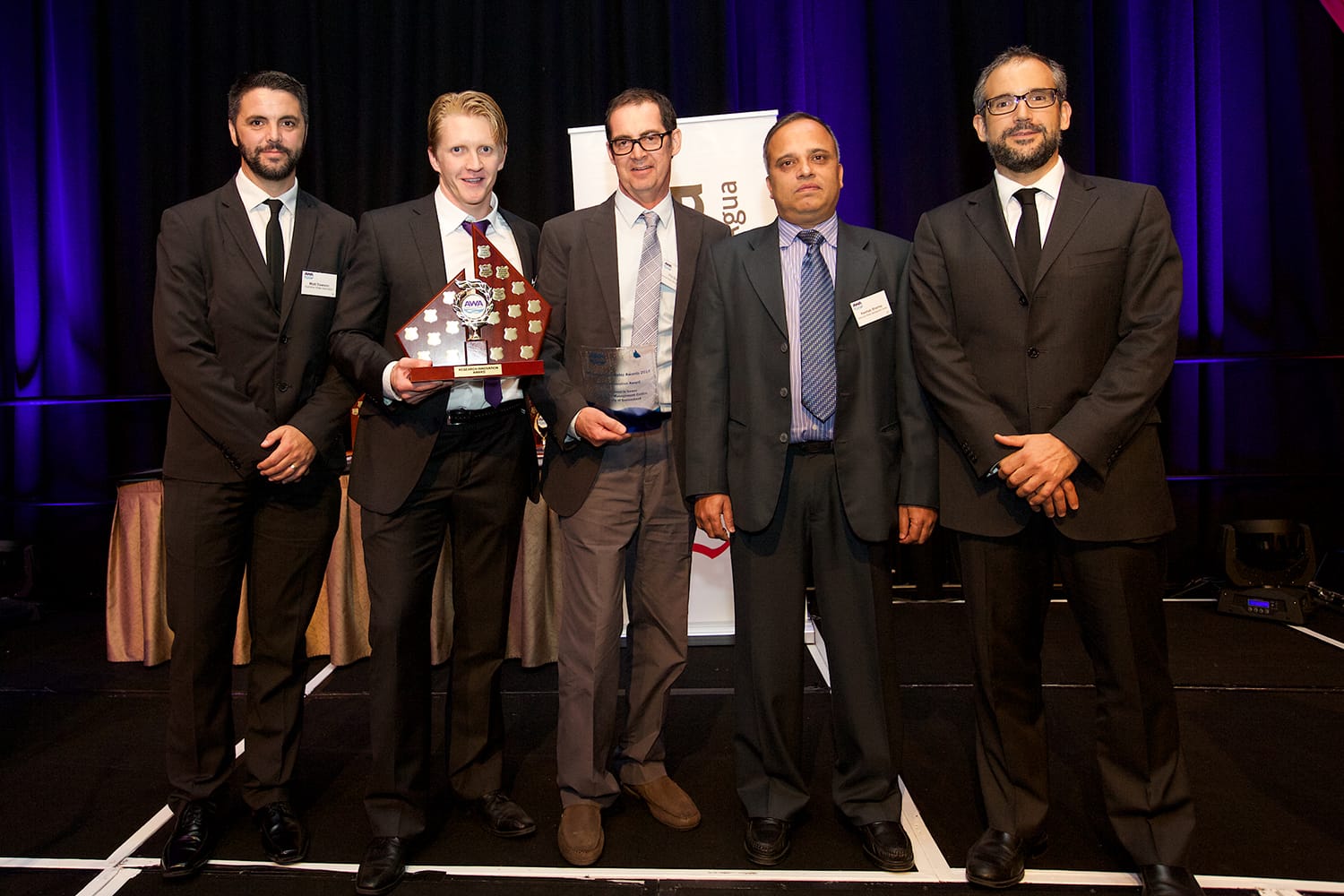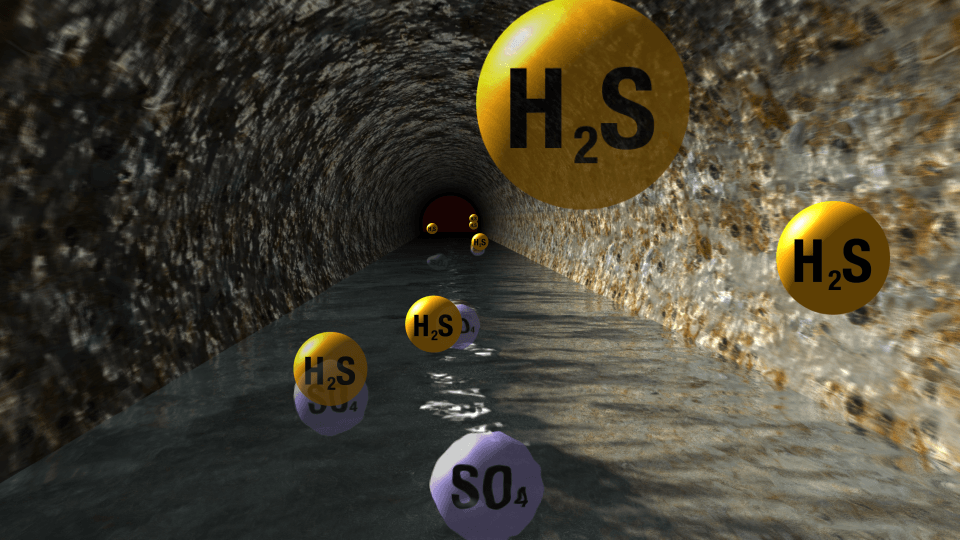CRCWSC Researchers put “Science in Sewers”
A team of CRCWSC researchers based at The University of Queensland (UQ) has found a way to save water providers hundreds of millions of dollars a year by reducing sewer corrosion.
Future Technologies Program Program Leader and Deputy Director of UQ’s Advanced Water Management Centre (AWMC) Professor Zhiguo Yuan said sewer systems were recognised as one of the most critical infrastructure assets for urban societies. “Maintenance costs for these concrete sewers run into the billions of dollars a year across the world,” Professor Yuan said.

In a paper published in the leading international journal Science, the research team shows that a common coagulant added in the drinking water treatment, aluminium sulfate, can be a key contributor to the sulfate levels in sewage.
“This, in turn, is the primary source of hydrogen sulfide, which creates rapid concrete degradation and is the main cause of global sewer corrosion,” he said. “This could be avoided by switching to sulfate-free coagulants at little or no extra cost compared with the large potential savings in sewer maintenance and corrosion costs.
“To get to this point, we performed a two-year sampling campaign in South East Queensland, an extensive industry survey across Australia, a global literature review, and a comprehensive model-based scenario analysis of the various sources of sulfate.”
This works is an example of how integrated urban water management can ensure a city is sustainable, efficient and protects its critical infrastructure. In recognition of the impact of this study, it has been recognised by the Australian Water Association, winning the Queensland Research Innovation Prize at a ceremony last week.
